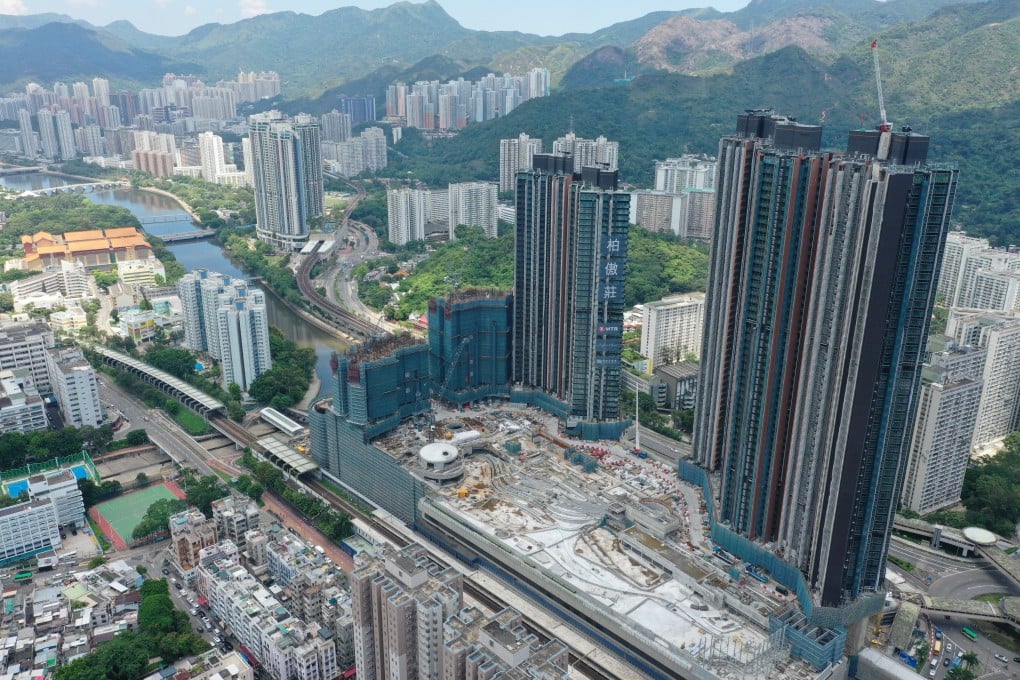Explainer | Are New World’s damage-control measures in the wake of The Pavilia Farm debacle enough? Experts weigh in on the issue
- The Pavilia Farm debacle is the first major test of Adrian Cheng Chi-kong’s leadership since he took over as executive vice-chairman of New World in 2017
- While market observers have lauded the company’s initial response to the crisis, they say that the company has a long way to go to rectify the underlying issues

New World Development’s decision to tear down and rebuild two of the seven blocks at The Pavilia Farm residential project in Tai Wai has shocked Hong Kong, wiping out more than HK$6.6 billion (US$850 million) in market value in just two days.
New World did not waste any time in coming up with a compensation package, which analysts say is more than adequate, to allay the fears of 846 affected buyers of flats in the project, the biggest launch under his leadership.

The generous compensation package reflects his stated stance that social responsibility matters more than profits. In an exclusive interview with the Post in November 2020, Cheng said: “In the next 10 years, nobody will ask [which developers] are the biggest or smallest, but rather they will care about their social impact on society.”